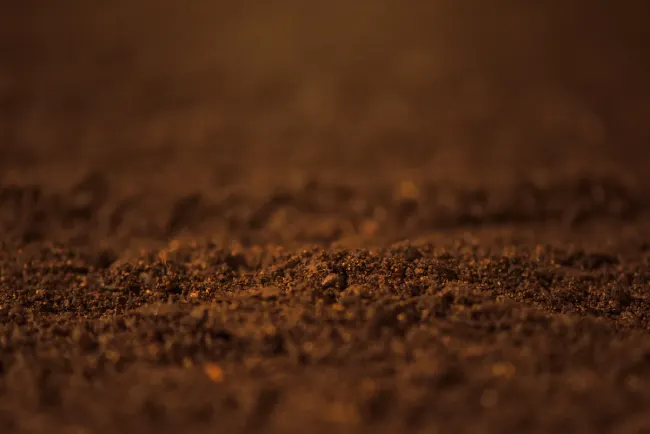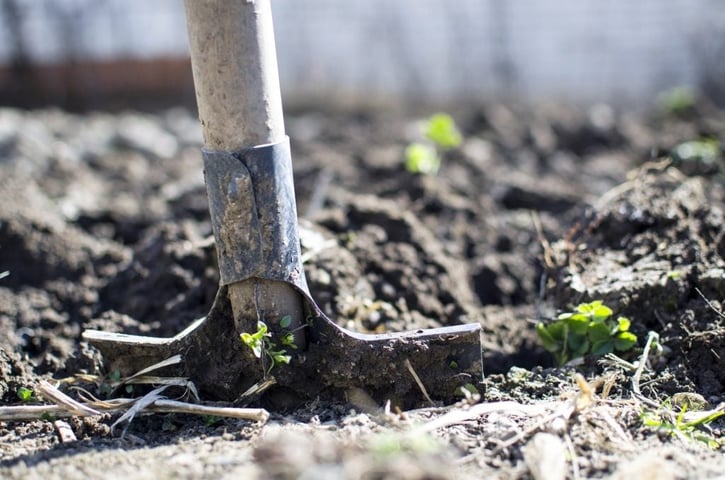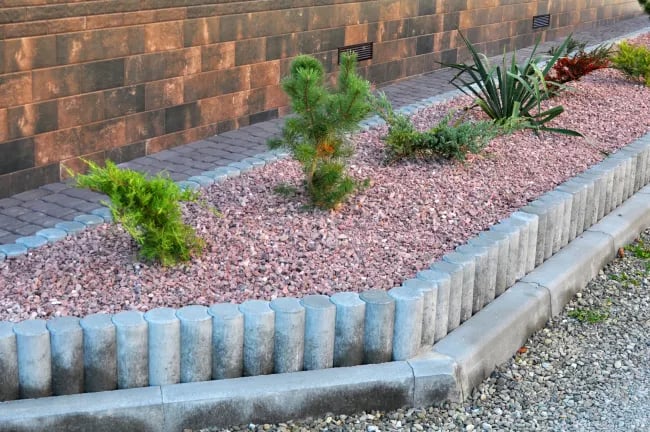Agriculture has been the backbone of human civilization for millennia, and the soil has always been its lifeblood. As we've progressed from traditional to modern farming practices, our understanding and utilization of soil have evolved remarkably. Today, the concept of 'specialty soil' is revolutionizing commercial agriculture, offering new avenues for enhanced productivity and sustainability.
Understanding Specialty Soil
Specialty soil is not just any soil; it's a customized growing medium, scientifically engineered to meet specific requirements. Unlike traditional soil, which is used as-is, specialty soil is composed and tailored for particular agricultural needs. Key components like organic matter, mineral content, and pH are adjusted to create an optimal environment for specific crops.
Reasons for the Rise of Specialty Soil in Commercial Agriculture
The demand for higher crop yields and quality has never been greater, driven by a growing global population and shifting dietary preferences. With climate change altering weather patterns, there’s an increasing need for soils that can withstand these changes. Additionally, our deepening understanding of plant-soil interactions has highlighted the benefits of using specialized soils.
Benefits of Using Specialty Soil
Specialty soil offers a plethora of advantages. It’s designed to improve structure and porosity, which in turn enhances water retention and drainage. Its balanced pH and nutrient content are tailored to maximize the growth potential of specific crops, and it’s often more resistant to diseases and pests. This leads to healthier plants and more bountiful harvests.
Specialty Soil and Sustainable Farming
In the realm of sustainable and organic farming practices, specialty soil plays a pivotal role. It allows for a significant reduction in the use of harmful fertilizers and pesticides, minimizing environmental impact. Furthermore, it’s a key component in regenerative agriculture practices, helping to restore soil health and biodiversity.
Economic Implications for Commercial Agriculture
While the initial investment in specialty soil can be higher than using traditional soil, the long-term economic benefits are substantial. Crops grown in specialty soils can command a higher market value due to their superior quality. Moreover, the consistency in crop yields provided by these soils contributes to economic resilience for farmers and agribusinesses.
Challenges and Considerations
One must consider the source of specialty soil to ensure it’s sustainable. There’s also a risk of becoming overly reliant on a specific type of soil, which could have long-term implications. Regular soil testing and management are essential to maintain the specialty status and efficacy of the soil.
Future of Specialty Soil in Commercial Agriculture
The horizon is bright with ongoing research and innovations in specialty soil. The potential integration of technology, like IoT for soil health monitoring, opens up exciting possibilities. Globally, various regions are adapting to this trend, each bringing unique perspectives and practices to the table.
Embracing the Soil Revolution
The significance of specialty soil in the agricultural landscape cannot be overstated. It encourages farmers and agricultural businesses to rethink and prioritize soil health as a critical factor in their success. As we continue to explore and innovate in this domain, specialty soil stands as a testament to our commitment to sustainable, productive, and economically viable agricultural practices.








![All About Soil Compaction: Causes, Challenges & Solutions [A Guide]](https://4445234.fs1.hubspotusercontent-na1.net/hub/4445234/hubfs/Imported_Blog_Media/plants-2411458_1920-1024x683.jpg?width=725&name=plants-2411458_1920-1024x683.jpg)
